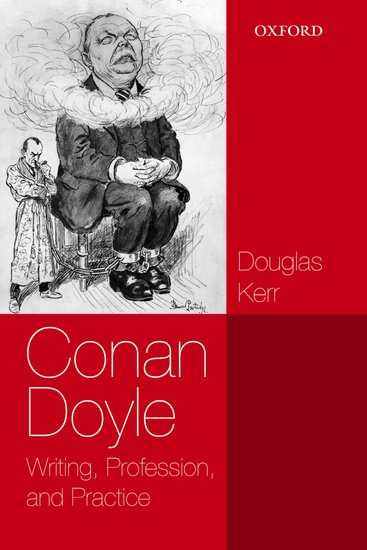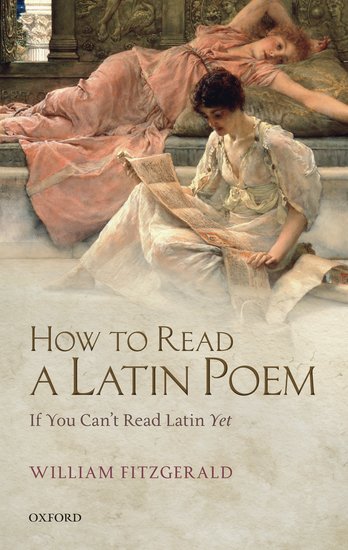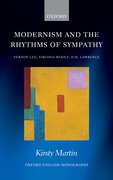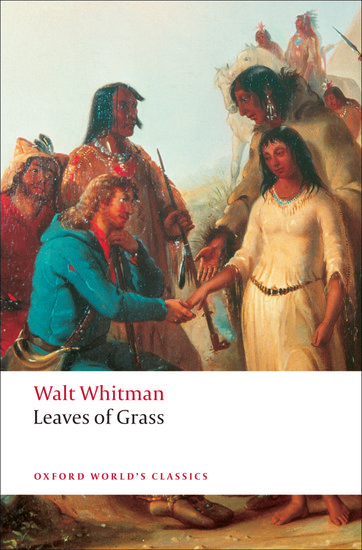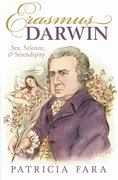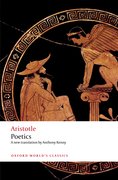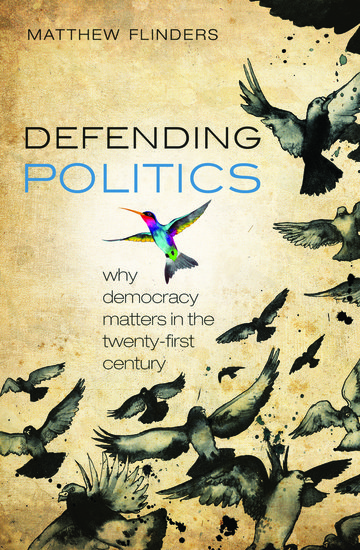The ghost of Sherlock Holmes
By Douglas Kerr
The ghost of Sherlock Holmes started life (if that’s the word) early. Conan Doyle sent the detective plunging over the Reichenbach Falls in the grip of Professor Moriarty in “The Final Problem,” published in the Strand magazine in December 1893. The following year, music-hall audiences were joining in the chorus of a popular song, written by Richard Morton and composed and sung by H. C. Barry.

